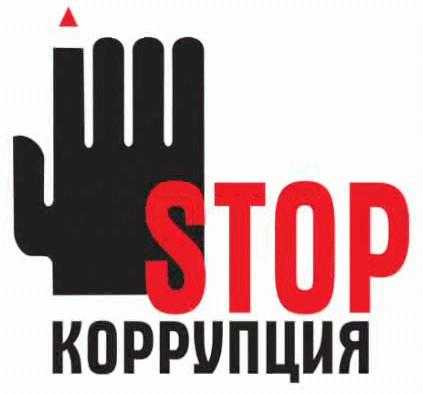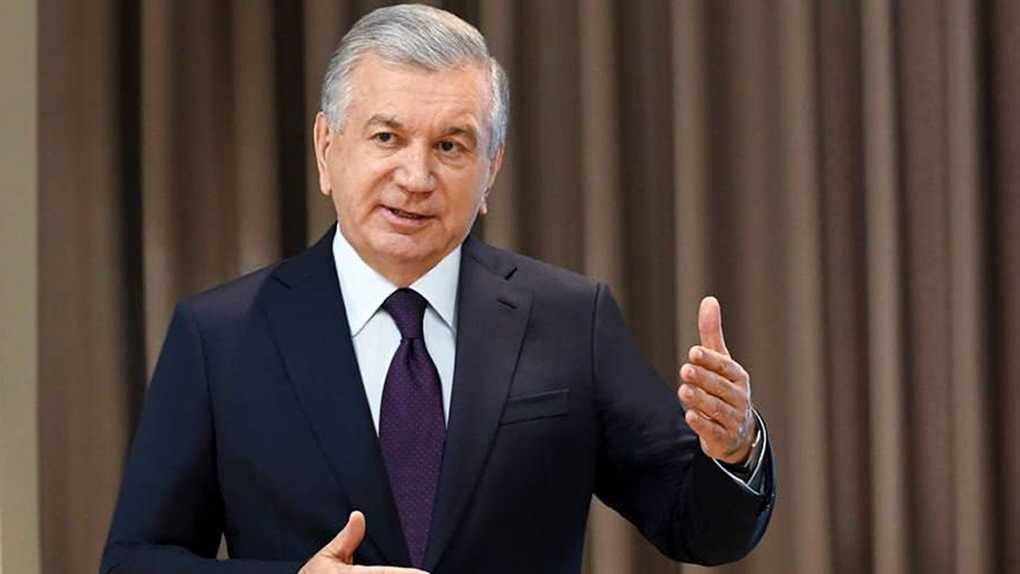Shavkat Mirziyoyev is the current President of Uzbekistan. He was born in 1957 and served as Prime Minister of Uzbekistan from 2003 to 2016. He became President in 2016 after the death of Islam Karimov, who had ruled Uzbekistan since its independence from the Soviet Union in 1991.
Mirziyoyev’s presidency has been marked by a number of reforms, including:
- Economic reforms: Mirziyoyev has liberalized the Uzbek economy, reducing government regulation and privatization of state-owned assets. He has also promoted foreign investment and trade.
- Political reforms: Mirziyoyev has loosened state control over the media and civil society. He has also released political prisoners and improved relations with Uzbekistan’s neighbors.
- Social reforms: Mirziyoyev has increased spending on education and healthcare. He has also improved access to housing and other social services.
Mirziyoyev’s reforms have led to a number of successes, including:
- Economic growth: Uzbekistan’s economy has grown at an average rate of 5% per year since Mirziyoyev became President.
- Improved living standards: The poverty rate in Uzbekistan has fallen from 15% to 10% since Mirziyoyev became President.
- Increased foreign investment: Foreign investment in Uzbekistan has increased by more than 50% since Mirziyoyev became President.
Mirziyoyev’s reforms have also faced some challenges, including:
- Corruption: Corruption is still a major problem in Uzbekistan.
- Unemployment: Unemployment remains high, especially among young people.
- Human rights: While Mirziyoyev has made some progress on human rights, there are still concerns about arbitrary detention and the lack of freedom of expression.
Despite these challenges, Mirziyoyev’s presidency has been a period of significant progress for Uzbekistan. His reforms have made the country more open and prosperous. The prospects for Uzbekistan under Mirziyoyev are positive, although the country still has a number of challenges to overcome.
Shavkat Mirziyoyev is the current President of Uzbekistan, serving since December 2016. He assumed office after the death of the long-serving President Islam Karimov. Mirziyoyev has been involved in Uzbekistani politics for many years before becoming president, holding various high-ranking positions in the government.
Background and Early Career: Mirziyoyev was born on July 24, 1957, in Jizzakh, Uzbek SSR (now Uzbekistan). He pursued higher education in Tashkent State Institute of National Economy and later in the Academy of State and Social Construction under the President of the Republic of Uzbekistan.
Before becoming president, Mirziyoyev held several important positions in the government of Uzbekistan. He served as the Prime Minister from 2003 to 2016, making him one of the longest-serving prime ministers in Uzbekistan’s history.
Presidential Achievements, Reforms, and Successes:
- Economic Reforms: Mirziyoyev’s presidency has been marked by a focus on economic reforms and modernization. He has worked to attract foreign investment, improve the business environment, and diversify the economy away from its heavy reliance on natural resources, particularly in the agriculture and mining sectors.
- Liberalization and Opening Up: Mirziyoyev has pursued a policy of openness and engagement with the international community. Uzbekistan has taken steps to improve diplomatic relations, participate in regional organizations, and address human rights concerns.
- Agricultural Reforms: The president initiated significant agricultural reforms to increase productivity, improve land use, and modernize the sector. These reforms have aimed to enhance the livelihoods of farmers and promote sustainable agriculture practices.
- Social Reforms: Mirziyoyev has implemented social reforms focused on education, healthcare, and social welfare. Investments have been made to improve infrastructure and educational institutions, as well as healthcare services and access.
- Judicial and Legal Reforms: Efforts have been made to reform the judicial system, including reducing corruption and improving the efficiency and transparency of the legal processes.
- Regional Diplomacy: Mirziyoyev has pursued a policy of improved relations with neighboring countries, especially in Central Asia. This has included efforts to resolve historical border disputes and enhance economic cooperation in the region.
Prospects:
The prospects for Mirziyoyev’s presidency include further economic diversification, continued efforts to improve human rights, enhanced regional cooperation, and consolidation of the reforms initiated during his tenure. The success of these prospects will depend on various factors, including the ability to sustain momentum in reforms, navigate geopolitical challenges, and balance economic growth with social and environmental sustainability. Additionally, fostering a more open and transparent political environment while respecting democratic principles will be crucial for Uzbekistan’s future.

